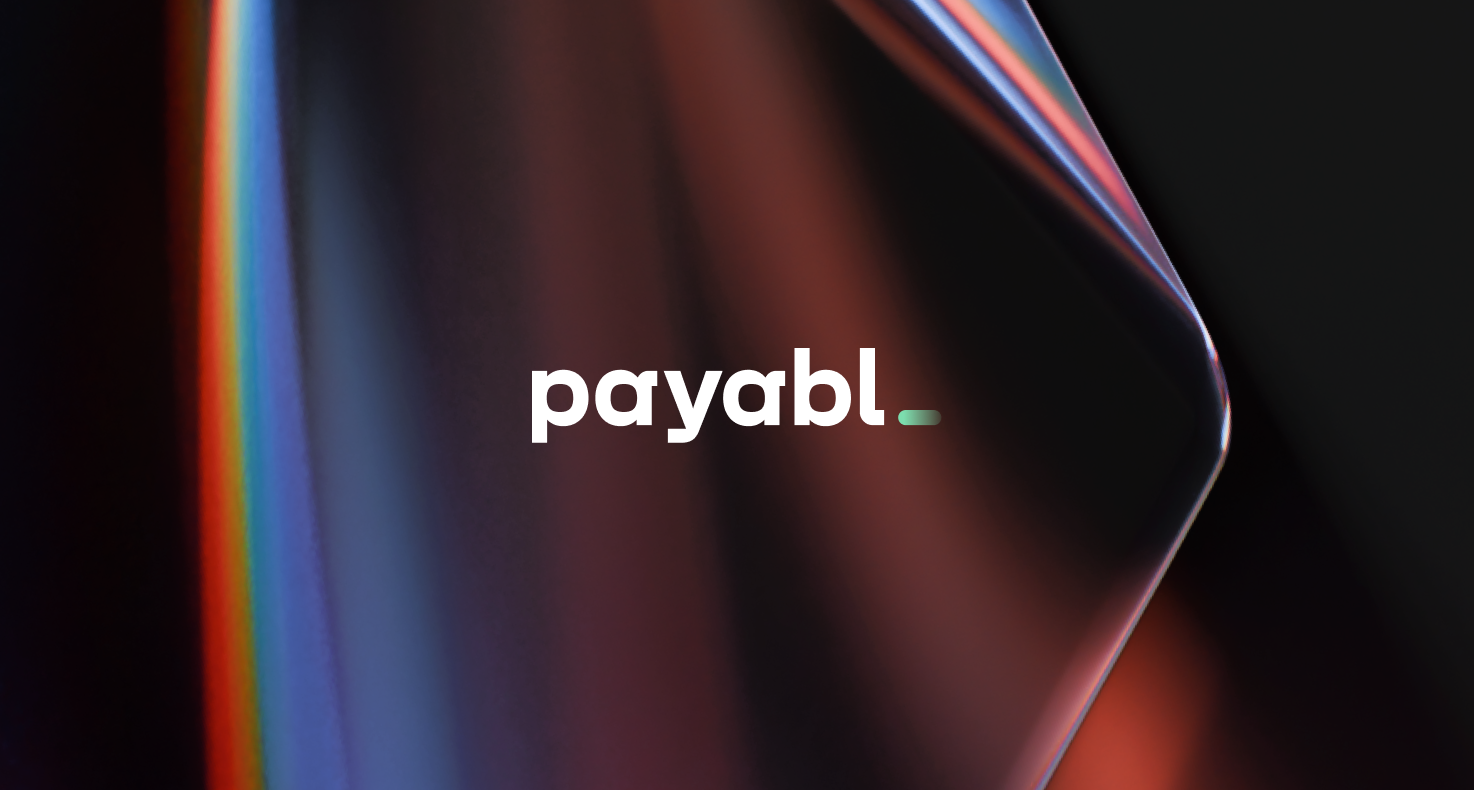
From One-Week Onboarding to One-Click Workspaces: How payabl. Scaled Developer Productivity with Coder
As developer headcount surged, payabl. needed a faster, more secure way to scale. With Coder, they standardized environments, reduced overhead, and gave engineers the freedom to build — without infrastructure getting in the way.
payabl. is a leading European financial technology provider offering a secure, scalable, high-touch suite of payment solutions. From card acquiring and business accounts to POS terminals and integrations with over 300 local payment methods, payabl. serves merchants across sectors with speed and simplicity. The company is trusted by forward-thinking businesses to simplify complexity and unlock growth, with offices in the UK, Germany, the Netherlands, Cyprus, and Lithuania.
As a rapidly expanding fintech, payabl. experienced a surge in developer headcount following accelerated business growth. What began as a lean team of five developers ballooned to nearly 60 in just three years. This surge, driven by expanded product offerings and a spike in e-commerce transactions during the pandemic, quickly outpaced their infrastructure.
Challenge: Growing pains meet infrastructure limits
Developers were provisioned individual Debian-based VMs, each manually configured with Docker, Node.js, and language-specific dependencies for projects in Perl, Python, React, and more. Onboarding developers could take a week or longer. Static VM allocation also meant compute resources were wasted when developers were inactive.
When multiple developers joined at once, this legacy onboarding process couldn’t keep up. There was constant back-and-forth with the infrastructure team to install or configure missing software, and new developers sometimes had to wait days before someone could help them move forward. Senior developers were often pulled away from their own work to troubleshoot individual environments and unblock newcomers. This was the tipping point for payabl.’s DevOps team.
Solution: Coder-powered consistency and speed
Looking for a self-hosted alternative to GitHub Codespaces, payabl. discovered Coder. Coder’s Cloud Development Environment aligned perfectly with their strict security posture and compliance requirements as a PCI DSS Level 1 and GDPR-compliant organization.
The DevOps team initially deployed Coder’s free open source Community Edition via Nomad using templated workspaces, enabling new developers to launch project environments with just a click. Soon after, the team realized that they needed to upgrade to Coder Premium to save time by accessing the features they needed out of the box instead of building workarounds. "The Community Edition is great to get started on. We could have saved a lot of hours getting Premium a bit earlier," said Fazley Chowdhury, Group CTO at payabl.
With Coder:
- Onboarding went from 1 week to less than 1 minute
- DevOps and senior engineers freed up 8 hours per week to focus on higher-value projects
- Environment setup became consistent, centralized, and secure
- Unused workspaces automatically shut down, improving resource efficiency by 20% compared to virtual machines
- Sensitive data stayed on-prem, reducing security and compliance risks
Today, dozens of developers use Coder daily, with adoption expected to reach full capacity by fall 2025.
Results: Speed, security, and simplicity
"One or two clicks and developers can start working. Sharing reports, exposing ports—it’s all built-in," said Sumeet Roy, DevOps Engineer at payabl. "And because it's hosted remotely, we don't need expensive laptops or worry about local Docker vulnerabilities."
Key outcomes include:
- Faster onboarding and reduced manual overhead
- Lower hardware costs by shifting compute to containers
- Improved standardization across dev environments
- Increased agility to support complex, multi-language projects
Coder is a centralized developer tool that simplifies onboarding and boosts productivity 10x. It standardizes workflows and lets developers focus on building—not setup.
Fazley Chowdhury, Group CTO at payabl.
Looking ahead: Agentic AI integration and infrastructure evolution
With agentic AI adoption on the horizon, payabl. plans to connect their locally hosted LLMs directly to Coder environments. Developers will soon use built-in tools for auto-code completion, unit testing, and documentation—all within the secure bounds of their infrastructure.
Future improvements also include migrating from Nomad to Kubernetes to take advantage of more robust orchestration support and community resources.
Final takeaway
For payabl., using Coder isn’t just about improving developer experience. It’s about aligning engineering speed with enterprise-grade control, in a way that scales with their fast-growing business.


